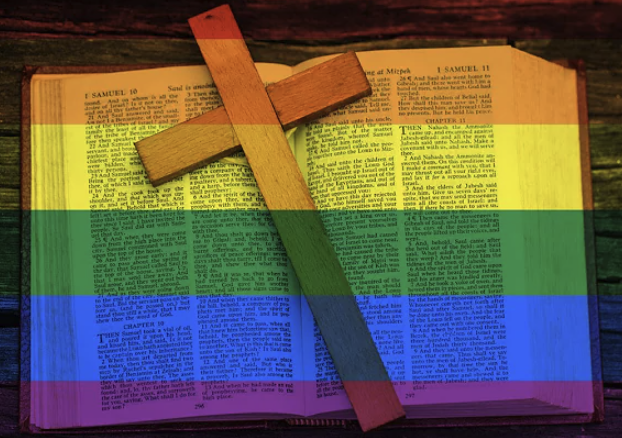As America's second-oldest Lutheran college, Roanoke College in Virginia's Shenandoah Valley proclaims that it is "never sectarian" in outlook, while maintaining that "critical thinking and spiritual growth" are essential.
The online spiritual-life page also offers this advice: "We encourage you to follow your own personal spiritual path while here at Roanoke." The collage "honors its Christian heritage" and its affiliation with the progressive Evangelical Lutheran Church in America by stressing "dialogue between faith and reason," according to its "Mission & Vision" statement. "Diversity, inclusion and belonging" are strategic goals.
These commitments are "so informal that it's hard to call them doctrinal commitments at all," said Robert Benne, a retired Roanoke College professor who founded its Benne Center for Church and Society. "This is what you see in many Christian colleges. … These vague commitments go along with efforts to embrace whatever is happening in modern culture."
This isn't unusual, he stressed, after studying trends in Christian higher education for decades. In the post-pandemic marketplace, an increasing number of small private schools -- religious and secular -- face economic and enrollment challenges that threaten their futures.
Leaders of many Christian colleges and universities face a painful question as they try to stay alive: When seeking students and donors, should administrators strengthen ties to denominations or movements that built their schools or weaken the ties that bind in order to reach outsiders and even secular students?
If the goal is to remain committed to traditional Christianity doctrines -- in classrooms and campus life -- academic leaders need to take specific steps to build academic communities that can survive and thrive, said Benne, in a new essay for the interfaith journal First Things.
Any "serious Christian school" has to "have an explicit, orthodox Christian mission and it has to hire administrators, faculty, and staff for that mission," he wrote. "It has to have a fully informed and committed board that insists on those things happening. Without that there will be a slow accommodation to secular, elite culture. Indeed, if a college or university has swallowed that ideology whole, orthodox Christianity will move out as it moves in."







